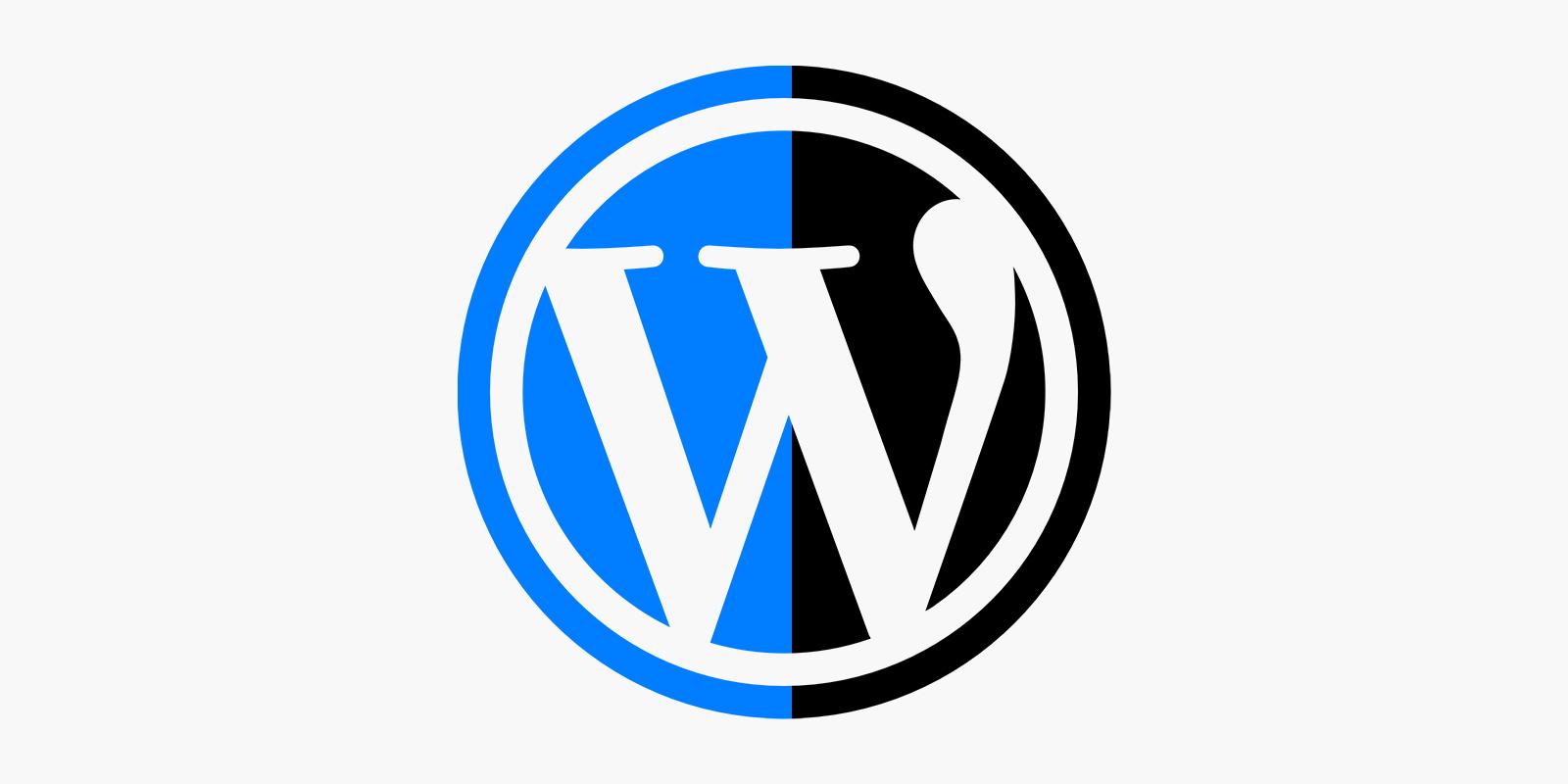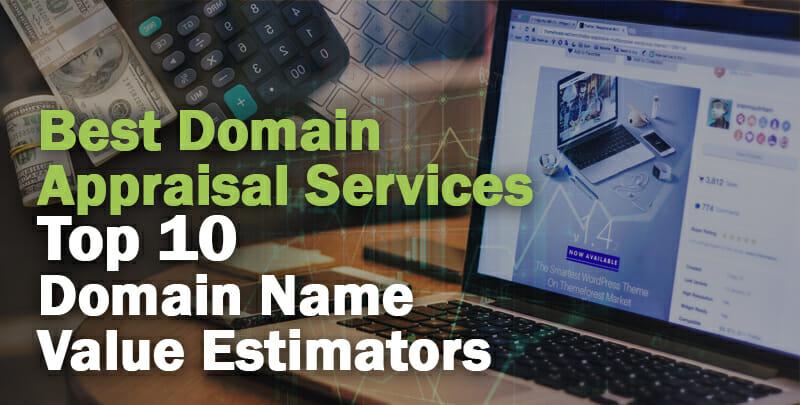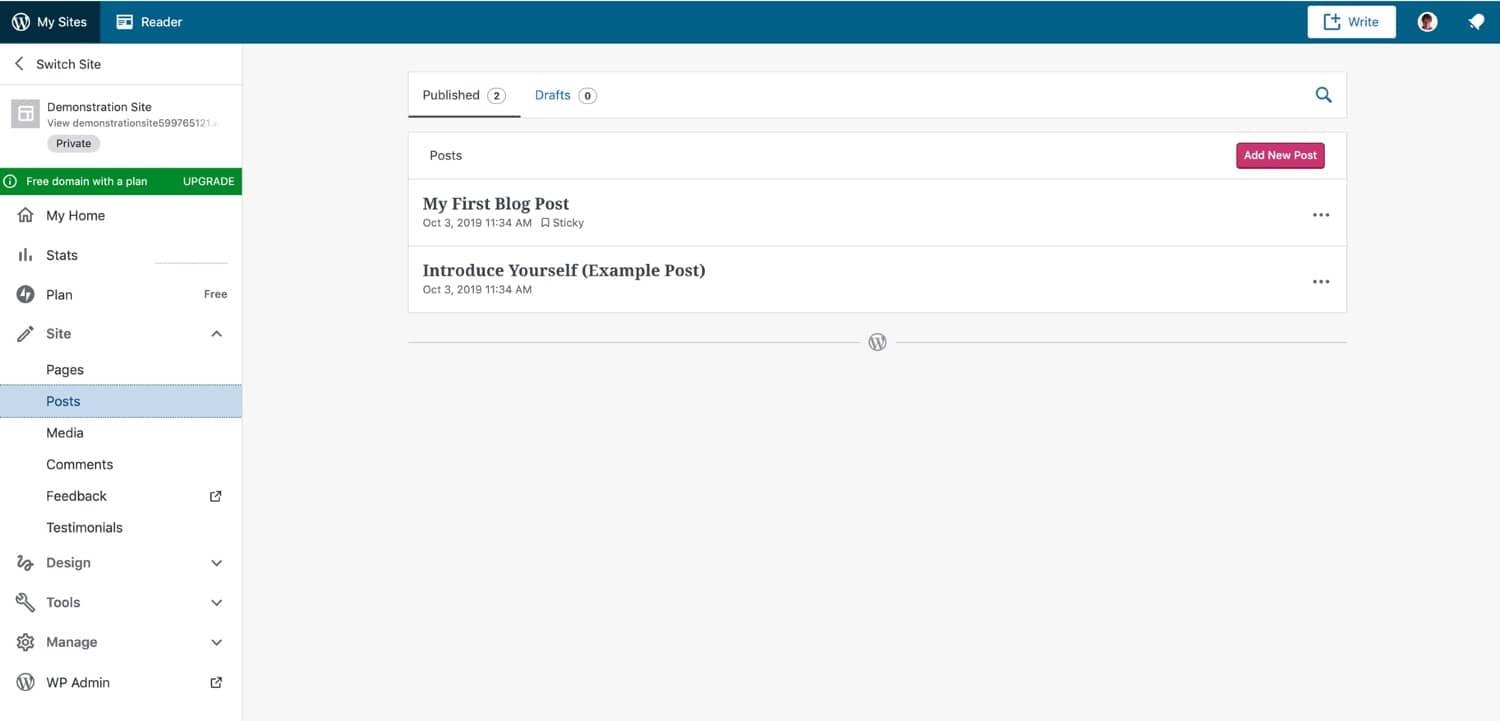Introduction
Are you ready to take your online business to the next level? In today’s digital age, having a robust eCommerce platform is essential, and WordPress is one of the most popular choices for building a dynamic online store. But here’s the catch: to truly harness the power of WordPress for your eCommerce needs, you need the right developer on your side.The perfect WordPress eCommerce developer can turn your vision into reality,ensuring your site is not just functional but also engaging and user-friendly.
But with so many options out there, how do you find that diamond in the rough? Don’t worry! In this article, we’ll walk you through the essential steps to hire the best WordPress eCommerce developer for your business. From understanding your specific needs to evaluating candidates, we’ll equip you with the tips and tricks to make an informed decision. So, buckle up! Your journey to a thriving online store starts here.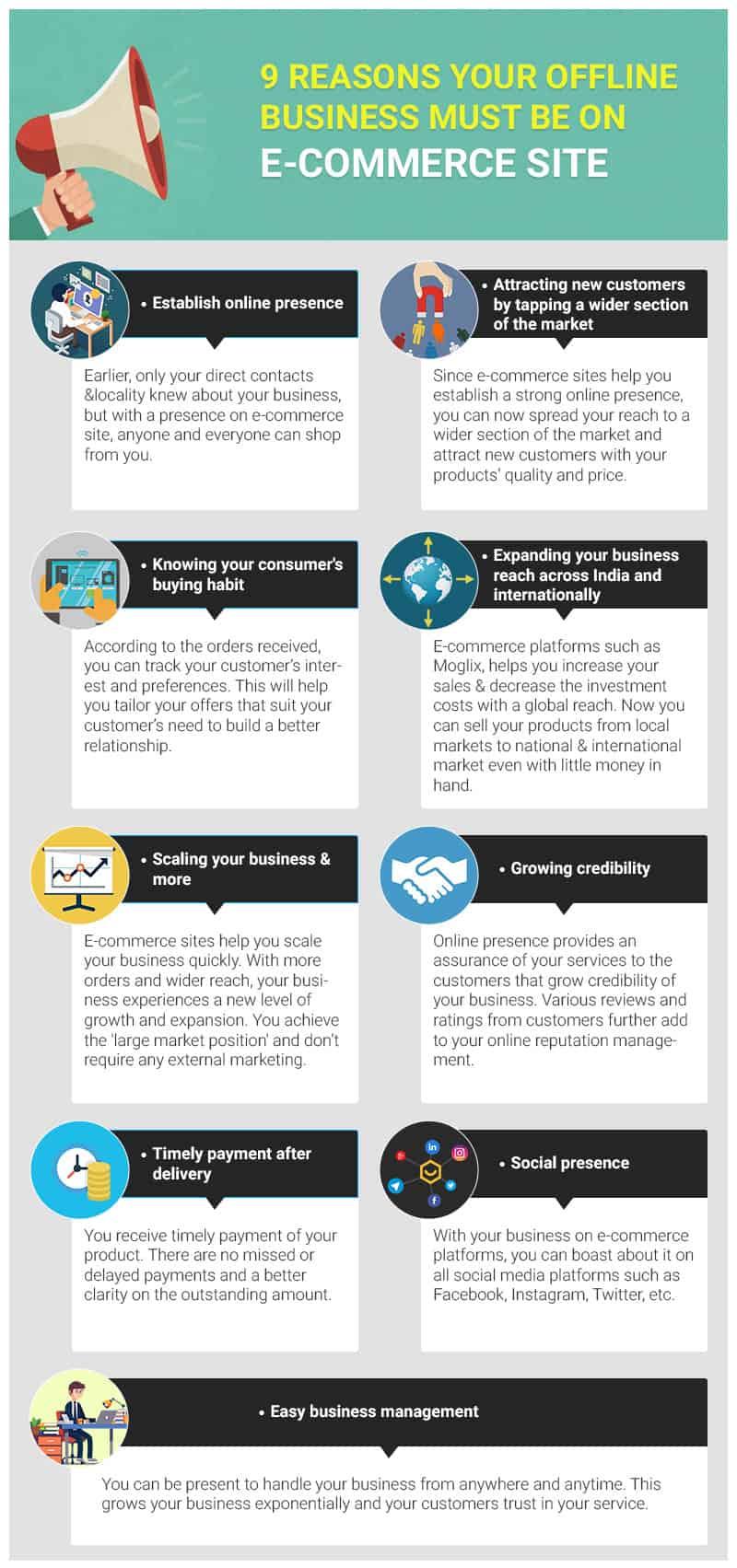
Understanding Your eCommerce Needs Before You Start the search
Before diving into the search for a WordPress eCommerce developer, it’s crucial to take a step back and evaluate your specific needs. A well-defined understanding of your requirements will not only streamline the hiring process but also ensure that you find a developer whose skills align perfectly with your vision. Start by asking yourself some critical questions:
- What type of products or services will you sell? - Identifying your offerings helps determine the appropriate functionality, layout, and design of your online store.
- Who is your target audience? – Understanding your customers will guide your developer in creating a user-friendly interface that appeals to potential buyers.
- What features do you need? – Consider aspects like payment gateways, inventory management, shipping options, and customer reviews. Creating a checklist of essential features can be helpful.
- What is your budget? – Establishing a clear budget will help narrow your options and ensure you’re seeking developers who can operate within your financial constraints.
Additionally, think about the long-term maintenance of your eCommerce site. As you plan your project, consider the following:
- Will you need ongoing support? – If you anticipate needing regular updates or troubleshooting, find a developer who offers a maintenance package.
- How scalable does your site need to be? - Your business will likely grow, so discuss scalability options with potential developers to ensure your site can handle increased traffic and product listings.
It may also be beneficial to compile a list of competitor websites that you admire. This can serve as a visual reference for your developer, helping them understand your aesthetic preferences and the functionality you aspire to achieve. A well-curated list can often articulate your vision more effectively than words alone.
consider the importance of dialog during the progress process. Assess how you prefer to collaborate and whether the developer is open to regular updates and feedback. A prosperous partnership hinges on mutual understanding and shared goals, so don’t hesitate to discuss your communication style and expectations upfront.
Key Skills to Look for in a WordPress eCommerce Developer
When seeking a WordPress eCommerce developer, it’s essential to identify a range of skills that can significantly impact the success of your online store.Here are some crucial competencies to consider:
- Proficiency in WordPress: A deep understanding of WordPress is non-negotiable. The developer should be cozy with custom themes, plugins, and the overall functionality of the platform.
- eCommerce Experience: Look for someone who has specific experience with eCommerce plugins like WooCommerce. Thay should know how to set up product pages, payment gateways, and shipping methods.
- Responsive Design Skills: With an increasing number of users shopping on mobile devices, your developer must ensure that your store is fully responsive and provides a seamless experience across all devices.
additionally, consider their technical prowess:
- HTML, CSS, and JavaScript: Mastery of these core web technologies is crucial for customizing themes and ensuring a polished user interface.
- SEO Knowledge: A solid understanding of SEO best practices can definitely help enhance your site’s visibility and attract organic traffic. This includes using SEO-friendly URLs and optimizing product descriptions.
- Security Awareness: online stores are prime targets for cyberattacks. Your developer should be learned about securing WordPress sites, implementing SSL certificates, and regular security audits.
Lastly, soft skills shouldn’t be overlooked. effective communication and project management abilities are vital for a smooth collaboration.You want a developer who is:
- Responsive: Speedy to reply to questions and updated about the project status.
- Detail-oriented: Someone who pays attention to every detail, ensuring nothing is overlooked from design to functionality.
- Problem Solver: Capable of troubleshooting and finding solutions to any issues that may arise during development.
hiring the right WordPress eCommerce developer involves more than just technical skills.By focusing on a well-rounded set of abilities that combine technical knowledge with excellent communication, you’ll be better positioned to build a successful online store.
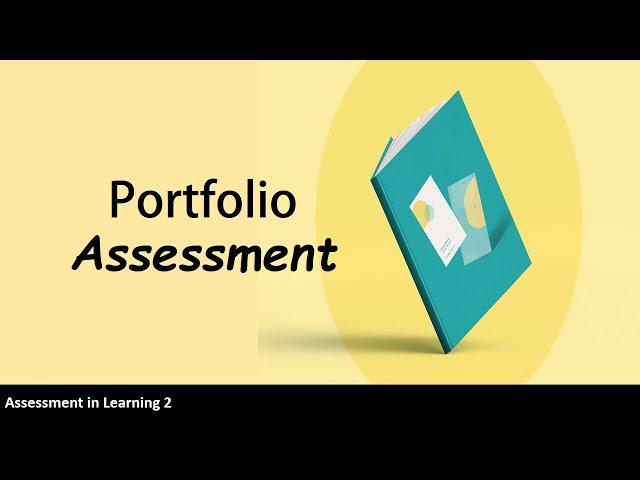
Evaluating Portfolios: What to Look For
when it comes to selecting a WordPress eCommerce developer, evaluating their portfolio is crucial. A robust portfolio not only showcases their technical skills but also reflects their understanding of eCommerce best practices. Here are some key elements to scrutinize:
- Design Aesthetics: Look for visually appealing designs that align with modern eCommerce trends. Make sure the sites are not only beautiful but also user-friendly.
- Functionality: Check the range of functionalities integrated into their projects, such as payment gateways, shopping carts, and product filters. A good developer will illustrate smooth navigation and effective user experience.
- Responsive Design: With many shoppers using mobile devices, ensure the portfolios highlight responsive designs. Test the mobile versions of the sites to experience firsthand how they adapt to different screen sizes.
- Client Testimonials: Positive feedback can be a strong indicator of a developer’s reliability and effectiveness. Look for case studies or testimonials that reflect their ability to meet client requirements.
- Performance Metrics: If available,check for data on site performance,such as load times and conversion rates. High-performance sites often translate to better user satisfaction and sales.
Additionally, evaluating the diversity of their work can provide insights into their versatility. A developer who has worked across various industries may bring a wealth of experience in tackling different challenges. Look for:
| Industry | Project highlights |
|---|---|
| Fashion | Innovative product display and easy checkout process. |
| Electronics | Advanced filtering options and user reviews integration. |
| Food & Beverage | Subscription model implementation and delivery tracking. |
| Health & Wellness | membership features and personalized recommendations. |
don’t overlook the importance of ongoing support and maintenance. A competent developer should not only deliver a project but also provide assistance after launch. Look for portfolios that mention:
- Post-launch Support: Availability of services for updates and troubleshooting.
- training: If they offer training for your team on how to manage the site.
- Long-term Partnerships: Evidence of ongoing relationships with previous clients.
By carefully assessing these elements in the portfolios you review, you’ll be in a strong position to make an informed decision and hire a WordPress eCommerce developer who aligns with your business goals and vision.

The Importance of Experience in WordPress eCommerce Projects
When it comes to WordPress eCommerce projects, the significance of experience cannot be overstated. An experienced developer brings not only technical skills but also a wealth of knowledge about best practices, potential pitfalls, and innovative solutions tailored to your specific business needs. They can navigate the complexities of setting up an eCommerce site, ensuring that your platform is not just functional but also optimized for performance and user experience.
Here are a few reasons why experience matters:
- Problem-Solving Skills: Experienced developers have encountered a variety of challenges. This exposure means they can quickly identify issues and implement effective solutions, reducing downtime and enhancing the overall project quality.
- Customization Expertise: Every business is unique, and an experienced developer knows how to customize WordPress themes and plugins to meet your specific requirements, ensuring that your site stands out from the competition.
- SEO and Marketing Insights: With a solid background in eCommerce, seasoned developers understand the importance of search engine optimization and can implement strategies that enhance your site’s visibility, driving more traffic and sales.
Additionally, experienced developers frequently enough have a strong portfolio showcasing their previous work. This portfolio can serve as a valuable resource for evaluating their style and proficiency, allowing you to select a developer whose vision aligns with your own. you should also consider their familiarity with various eCommerce plugins, such as woocommerce, as this knowledge is vital for creating a robust online store.
To better illustrate the importance of experience,consider the following table comparing the key advantages of hiring an experienced WordPress eCommerce developer versus a novice:
| Aspect | Experienced Developer | Novice Developer |
|---|---|---|
| Problem Resolution | Quick and efficient | Trial and error |
| Customization | Tailored solutions | Limited options |
| SEO Knowledge | Strategically implemented | Basic understanding |
| Portfolio | Diverse and proven | Minimal experience |
Ultimately,hiring an experienced WordPress eCommerce developer can save you time,money,and stress. Their ability to foresee potential challenges and proactively address them means your project is more likely to succeed, allowing you to focus on what you do best: growing your business.
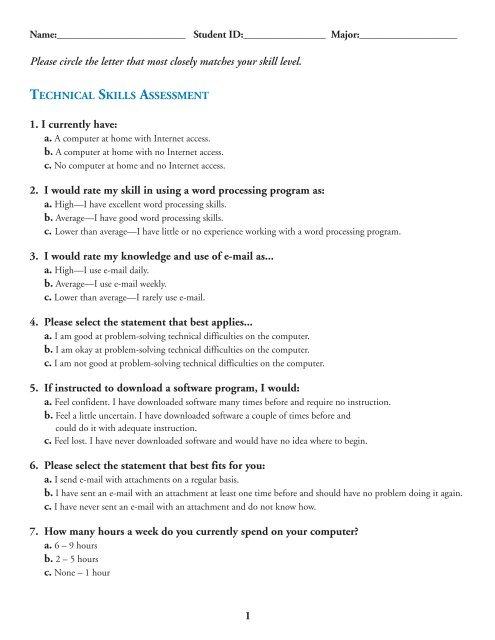
How to Assess Technical Skills and Problem-Solving Abilities
when evaluating potential candidates for your WordPress eCommerce developer role, it’s crucial to dive deep into their technical skills and problem-solving abilities. Here are some effective strategies to assess these competencies:
- Code Review: Request a sample of their code. Look for cleanliness, readability, and adherence to best practices. A well-organized codebase reflects not only technical skill but also an understanding of maintenance and scalability.
- technical Tests: Create specific coding challenges that mimic real-world problems they might face while developing your eCommerce site. This allows you to see their approach to problem-solving under pressure.
- Portfolio Examination: Review their past projects, focusing on functionality, user experience, and overall design. discuss the challenges they faced in these projects and how they overcame them.
Moreover, soft skills play a significant role in technical roles. Engaging candidates in scenario-based questions can shed light on their problem-solving mindset:
| scenario | Key Skill Demonstrated |
|---|---|
| Site crash due to plugin conflict | Debugging and troubleshooting |
| Client requests a feature change midway through development | Adaptability and communication |
| Need to optimize site speed | Analytical skills and performance tuning |
don’t underestimate the value of a collaborative coding session. Pair programming can provide insight into how candidates think, communicate, and tackle challenges in real-time. Pay attention to their thought process and whether they are open to feedback and suggestions. This interaction can reveal much about their technical prowess and ability to work as part of a team.

Communication Style: Why It Matters in Development Partnerships
In the realm of development partnerships,effective communication is essential.It forms the backbone of any successful project, particularly when hiring a WordPress eCommerce developer. The communication style adopted by both parties significantly impacts the project’s outcome. An open and transparent dialogue fosters trust and clarity, making it easier to navigate the complexities of eCommerce development.
When engaging with potential developers, pay attention to their communication approach. Here are a few things to consider:
- Clarity: Are they able to explain technical concepts in a way that makes sense to you?
- Responsiveness: Do they reply promptly to inquiries, showing respect for your time?
- Adaptability: Can they adjust their communication style based on your preferences and needs?
It’s also vital to establish expectations early on. Setting up regular check-ins can be beneficial, ensuring that both parties remain aligned throughout the development process. This could be a weekly video call or a daily chat,depending on the project’s scope. Consistency in communication helps to address any concerns before they escalate into larger issues.
Moreover, consider utilizing project management tools that enhance collaboration. Platforms like Trello, Asana, or Slack can streamline communication, making project updates and feedback more accessible. By integrating these tools into your workflow, you can maintain a continuous dialogue, keeping everyone on the same page while reducing misunderstandings.
| Communication Aspect | Importance |
|---|---|
| Regular Updates | Ensures project stays on track |
| Feedback Mechanism | Allows for continuous enhancement |
| Conflict Resolution | Helps maintain a positive working relationship |
Ultimately, a developer who communicates effectively can be an invaluable asset. They not only contribute their technical expertise but also create a partnership built on mutual respect and understanding. Investing time in evaluating communication styles upfront will pay dividends in the quality and success of your eCommerce project.

Setting a Realistic Budget for Your WordPress eCommerce Project
When embarking on a WordPress eCommerce project, establishing a realistic budget is crucial to ensure you don’t overspend or compromise on essential features. Here are several key factors to consider while planning your budget:
- Domain and Hosting Costs: Don’t overlook the cost of acquiring a domain name and reliable hosting service. These are foundational elements that can range from $50 to $500 annually, depending on your choice of provider.
- Theming Costs: While there are free themes available, investing in a premium theme can enhance your site’s aesthetic and functionality. Premium themes typically range from $30 to $150.
- Plugins and Integrations: Functionality often relies on plugins.budget for essential plugins, as some can have one-time fees while others may require annual renewals. Expect to spend anywhere from $100 to $500 for quality plugins.
- Development Fees: Hiring a skilled developer can be one of your largest expenses. Depending on their expertise and the complexity of your project, development costs can vary significantly.
To assist you in understanding potential costs better, here’s a simple breakdown of estimated expenses you may encounter:
| expense Category | Estimated Cost |
|---|---|
| Domain Registration | $10 – $50/year |
| Web Hosting | $50 – $300/year |
| Premium Theme | $30 - $150 |
| Essential Plugins | $100 – $500 |
| Developer Fees | $1,000 - $10,000+ |
Once you outline these costs, it’s wise to set aside an additional 10-20% of your total budget for unforeseen expenses. Projects frequently enough encounter unexpected challenges that might require extra funds for solutions.
remember that investing in a quality eCommerce site pays off in the long run. A well-structured budget allows you to prioritize features and functionality that enhance user experience, ultimately leading to higher conversion rates and customer satisfaction.
Red Flags to Watch Out For During the Hiring Process
When navigating the hiring process for a WordPress eCommerce developer, it’s crucial to remain vigilant for certain warning signs that may indicate potential issues down the line. Being aware of these red flags can save you time, money, and the headache of dealing with an unsuitable hire.
Lack of a Solid Portfolio: A qualified developer should have a robust portfolio showcasing their previous work. If a candidate can’t provide examples of successful eCommerce sites they’ve developed or lacks diversity in their projects, it might be a sign of limited experience or capability. Always ask for case studies or examples that highlight their skills in creating user-friendly,high-converting online stores.
Poor Communication Skills: Effective communication is key in any collaborative project. If the candidate struggles to articulate their thoughts or seems dismissive of your ideas, it could lead to misunderstandings during development. Look for someone who listens attentively, provides constructive feedback, and communicates clearly about timelines, expectations, and progress.
Resistance to Feedback: A good developer will be open to constructive criticism. If they react defensively to your suggestions or show little willingness to adapt their approach, this could hinder your project’s success. Hiring someone who is flexible and values client input is essential for achieving the best results.
Vague Pricing Structure: Clarity in pricing is critically important. If a candidate gives a vague or overly complex clarification of their fees, it raises a red flag about potential hidden costs. Look for developers who provide clear breakdowns of their pricing and are willing to discuss how their rates align with the value they deliver.
Lack of Industry Knowledge: The eCommerce landscape is constantly evolving. If a developer doesn’t stay updated on the latest trends, tools, and technologies in the WordPress ecosystem, they may not be equipped to build an effective online store. Inquire about their familiarity with SEO practices, payment gateways, and responsive design to ensure they can create a future-proof solution.
How to Conduct Effective Interviews with Potential Developers
Conducting effective interviews with potential developers is crucial to finding the right talent for your WordPress eCommerce project. To ensure you gather meaningful insights during the interview process, start by preparing a structured list of questions. This not only keeps the conversation focused but also allows you to compare candidates more effectively.
Key areas to cover during the interview:
- Technical Skills: Assess their proficiency in PHP, JavaScript, and other relevant languages.
- Experience with WordPress: Inquire about past projects, specifically related to eCommerce.
- Problem-Solving Abilities: Present hypothetical scenarios and ask how they would approach solving them.
- Communication Skills: Evaluate how clearly they articulate their thoughts and ideas.
- Teamwork and Collaboration: Discuss their experience working in teams and how they handle conflicts.
In addition to these areas, it’s beneficial to ask situational questions that reveal their thought process and creativity. For example,you might ask,“How would you improve an existing eCommerce site that is experiencing low conversion rates?” This not only assesses their technical know-how but also their ability to think critically about user experience.
Consider using a scoring system to evaluate each candidate’s responses. This can help you objectively determine who stands out. Here’s a simple table to visualize your assessments:
| Candidate | Technical Skills (1-10) | Problem Solving (1-10) | Communication (1-10) | Overall Impression (1-10) |
|---|---|---|---|---|
| candidate A | 8 | 7 | 9 | 8 |
| Candidate B | 9 | 8 | 6 | 7 |
| Candidate C | 7 | 9 | 8 | 9 |
don’t forget to allow candidates to ask questions. This can reveal their level of interest and understanding of the role. A strong candidate will typically have insightful questions about your company culture, the project scope, and potential challenges they might face. Engaging in a two-way conversation not only makes candidates feel valued but also helps you gauge their enthusiasm and fit for your team.

Building a Long-Term Relationship for Ongoing Success
When you invest in hiring a WordPress eCommerce developer, it’s essential to think beyond just the initial project. Establishing a solid working relationship can lead to ongoing success and continuous improvement of your online store. Here are some key aspects to consider:
- Clear Communication: From the vrey beginning, ensure that there are open lines of communication. Regular check-ins and updates can make a significant difference in the development process and help in quickly addressing any issues.
- Shared Vision: Align your goals with your developer’s expertise.Discuss your long-term business objectives so that they can tailor their approach to meet your specific needs effectively.
- Feedback Loop: Create a culture of feedback where both parties can share insights and suggestions. This practice fosters a collaborative habitat that can lead to innovative solutions and enhancements.
- continuous Learning: Encourage your developer to stay updated with the latest trends and technologies in WordPress and eCommerce. This commitment will benefit your website and keep it competitive in the ever-evolving digital landscape.
Moreover, consider establishing a maintenance plan post-launch. This strategy not only ensures that your website remains up-to-date but also allows for ongoing optimization based on user feedback and analytics. A proactive approach in this area can prevent small issues from becoming larger, costlier problems down the line.
| Key elements | Benefits |
|---|---|
| Clear Communication | Reduces misunderstandings and enhances efficiency. |
| Shared Vision | Aligns project goals and developer capabilities. |
| Feedback Loop | Encourages innovation and responsiveness. |
| Continuous Learning | Keeps your site current and competitive. |
| Maintenance Plan | Ensures long-term functionality and user satisfaction. |
Lastly, remember that a successful partnership with your WordPress eCommerce developer is an ongoing journey. By investing in your relationship, you’re not just hiring a developer; you’re inviting a partner into your business who will help you thrive in the digital marketplace.
Frequently Asked Questions (FAQ)
Q&A: How to Hire the Best WordPress eCommerce Developer
Q: why should I hire a WordPress eCommerce developer instead of doing it myself?
A: While building your own eCommerce site on WordPress might seem tempting, hiring a professional developer can save you time and stress. A skilled developer brings expertise in design, functionality, and user experience, ensuring your site not only looks great but also performs well. Plus, they can tackle technical issues that you might find daunting!
Q: What qualifications should I look for in a WordPress eCommerce developer?
A: Look for developers with a strong background in WordPress, particularly in eCommerce platforms like WooCommerce. Check their portfolio for previous eCommerce projects, and ensure they have experience in website performance optimization, security, and mobile responsiveness.Certifications in web development or eCommerce can also be a bonus!
Q: How can I assess a developer’s previous work?
A: evaluate their portfolio to see if their design style aligns with your vision. look for case studies that detail the challenges faced, solutions implemented, and results achieved. Don’t hesitate to ask for references from previous clients to get insights into their working style and reliability!
Q: What questions should I ask during the interview process?
A: Ask about their experience with WordPress and eCommerce specifically, their approach to SEO, and what tools and plugins they prefer. Inquire about their process for handling updates, security, and backups. Additionally, it’s worth asking about their communication style and availability for ongoing support.
Q: How much should I expect to pay for a good WordPress eCommerce developer?
A: Costs can vary widely based on experience, location, and project scope. Freelancers might charge anywhere from $25 to $150 per hour, while agencies could range from $75 to over $200 per hour. Keep in mind, you often get what you pay for, so it’s wise to invest in a developer who can deliver quality work.
Q: What makes a good developer stand out?
A: A great developer doesn’t just have technical skills; they also prioritize communication and collaboration. They take the time to understand your business goals, provide innovative solutions, and guide you through the development process. Look for someone who is proactive and keeps you updated at every stage!
Q: How important is post-launch support?
A: Extremely important! The best developers offer ongoing support and maintenance after the launch to ensure your website runs smoothly and stays secure. this includes regular updates,troubleshooting,and possibly even training for you or your team on how to manage the site. Building a long-term relationship with your developer can be invaluable.
Q: Any final tips for hiring the best WordPress eCommerce developer?
A: Trust your instincts! After evaluating their skills and experience, consider how well you connect with them. A good working relationship is crucial for a successful project. Don’t forget to discuss your budget and timelines early on to avoid any surprises down the road. Happy hiring!
The Conclusion
hiring the right WordPress eCommerce developer can be a game-changer for your online business. By taking the time to define your needs, evaluating candidates thoroughly, and considering their experience and communication skills, you can find a developer who not only meets your technical requirements but also understands your vision. Remember, this is an investment in your brand’s future, and the right developer will help you create a seamless shopping experience that keeps customers coming back.
So, don’t rush the process! Take the insights we’ve discussed today, and put them into action. Whether you’re just starting out or looking to elevate your existing site, the right developer is out there—ready to transform your ideas into reality. If you keep your goals clear and your criteria strict, you’ll be well on your way to building an eCommerce site that stands out in the crowded digital marketplace.
Happy hiring, and here’s to your future success in the world of WordPress eCommerce!

